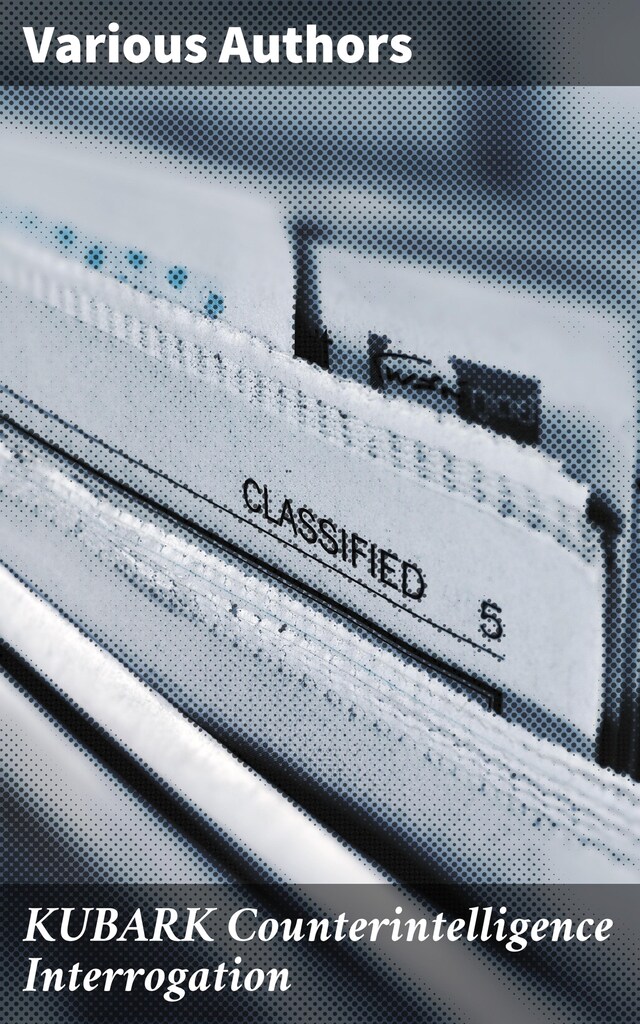
KUBARK Counterintelligence Interrogation
A Manual
Buchbeschreibung
KUBARK Counterintelligence Interrogation is a seminal work that provides a comprehensive examination of interrogation techniques used by the CIA during the Cold War era. Structured as a manual, the text combines psychological insights and empirical research to outline methods for effective interrogation that range from rapport-building to coercive tactics. Its analytical approach to the nuances of human behavior reflects a sophisticated understanding of both the ethical implications and psychological impacts of interrogation on both the interrogator and the subject. The book's style is clinical and precise, making it a critical document not just for practitioners in intelligence but also for scholars studying human rights, ethics, and the broader context of state power in the Cold War period. The authors of KUBARK, primarily drawn from the intelligence community, possess a wealth of experience in counterintelligence operations and psychological warfare. Their backgrounds cover a range of disciplines including psychology, sociology, and military strategy, providing a multifaceted perspective on the intricacies of interrogation. The manual was produced during a time of intense scrutiny surrounding human rights, reflecting the tensions between national security and ethical governance that continue to resonate in contemporary discussions. Readers interested in the intersection of psychology, law, and ethics will find KUBARK Counterintelligence Interrogation an invaluable resource. Its detailed exploration of interrogation strategies not only informs but invites readers to critically engage with the moral complexities surrounding coercive techniques. A must-read for those seeking to understand the historical context of intelligence practices and their implications for modern-day ethics.
 Various Authors
Various Authors 119 Seiten
119 Seiten